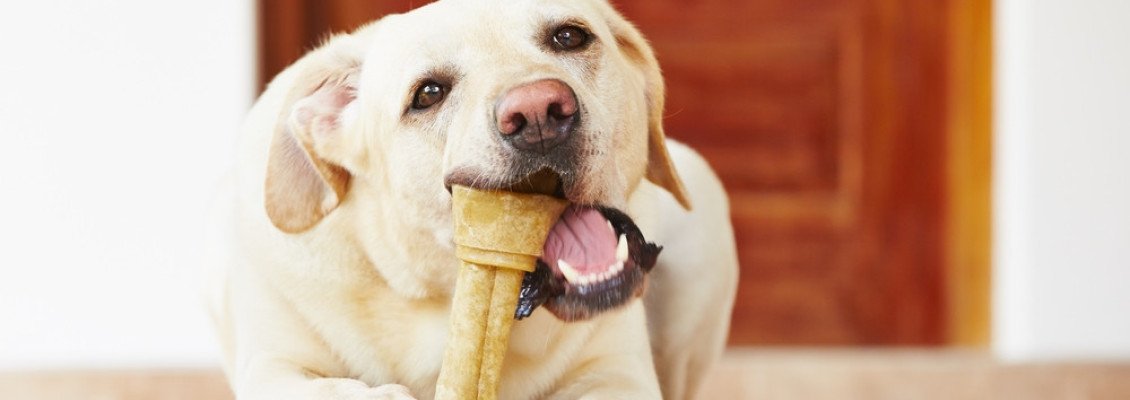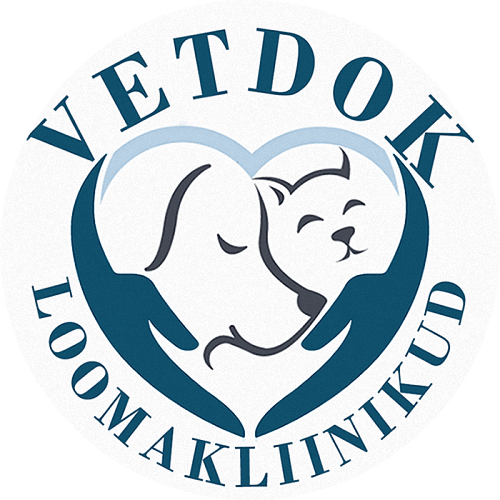
Many pet owners believe that a pet should have bones in its diet. In fact, bones can cause death of an animal‼
Eating_ bones primarily contributes to tooth decay (damage to enamel, breaking off and grinding of teeth).
If swallowed, large debris can become lodged in the pharynx, blocking the airways and causing suffocation.
In the stomach, the produced gastric juice may not completely digest the bone, which will subsequently cause obstruction or, in the worst case, rupture of the stomach / intestinal wall, and then surgical intervention is inevitable.
The tubular bones of a bird are especially dangerous, they easily crumble into small fragments, injure and get stuck in soft tissues.
Of course, there are also positive aspects to gnawing bones - when gnawing a hard bone, slight prevention of dental calculus is possible (due to mechanical action). But this applies only to large bones (from which it is rather difficult to gnaw off a splinter) of ruminants.
It is not at all necessary that the eaten bones will harm the pet, but there is a risk of complications that every owner should remember!
We recommend artificial chewing bones made of cartilage and tendons, which may well satisfy the pet's desire to chew on something and prevent the formation of dental plaque.
